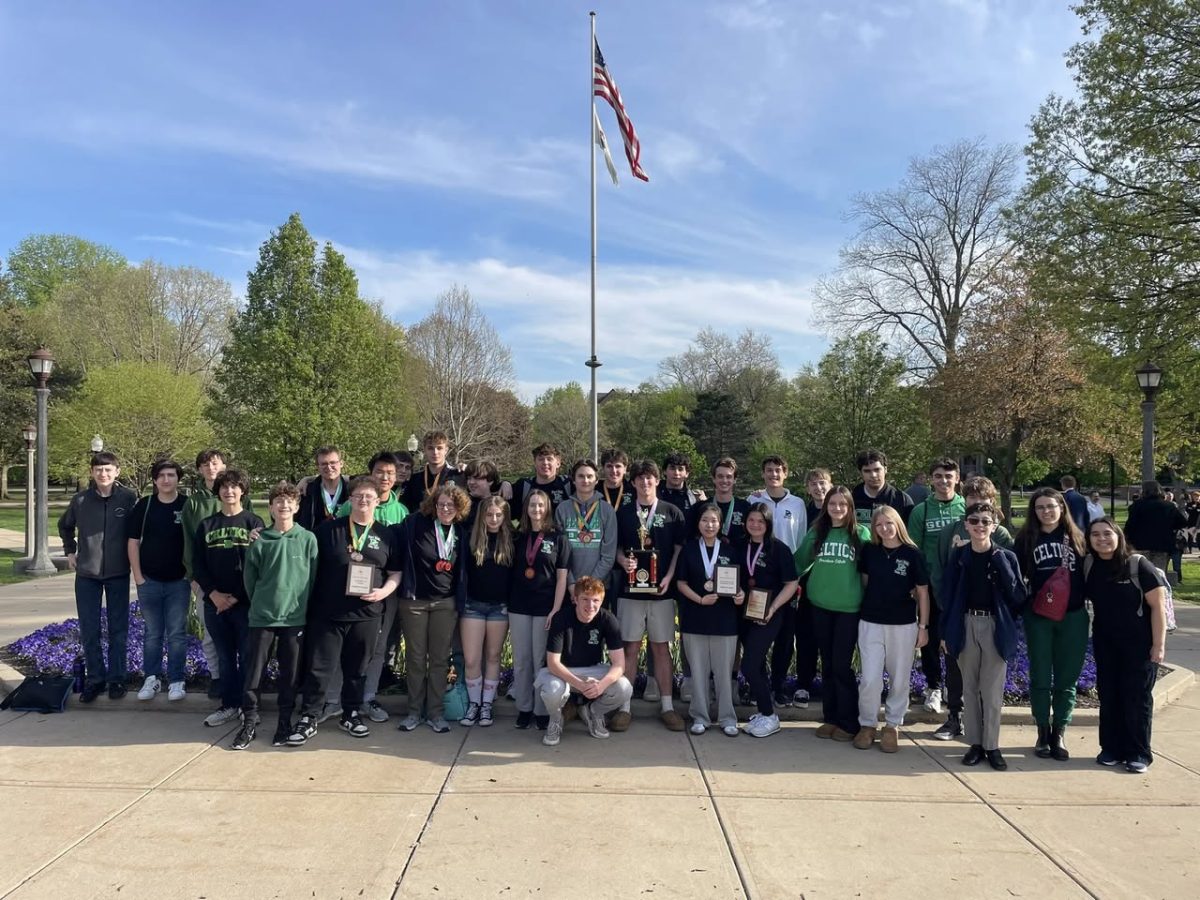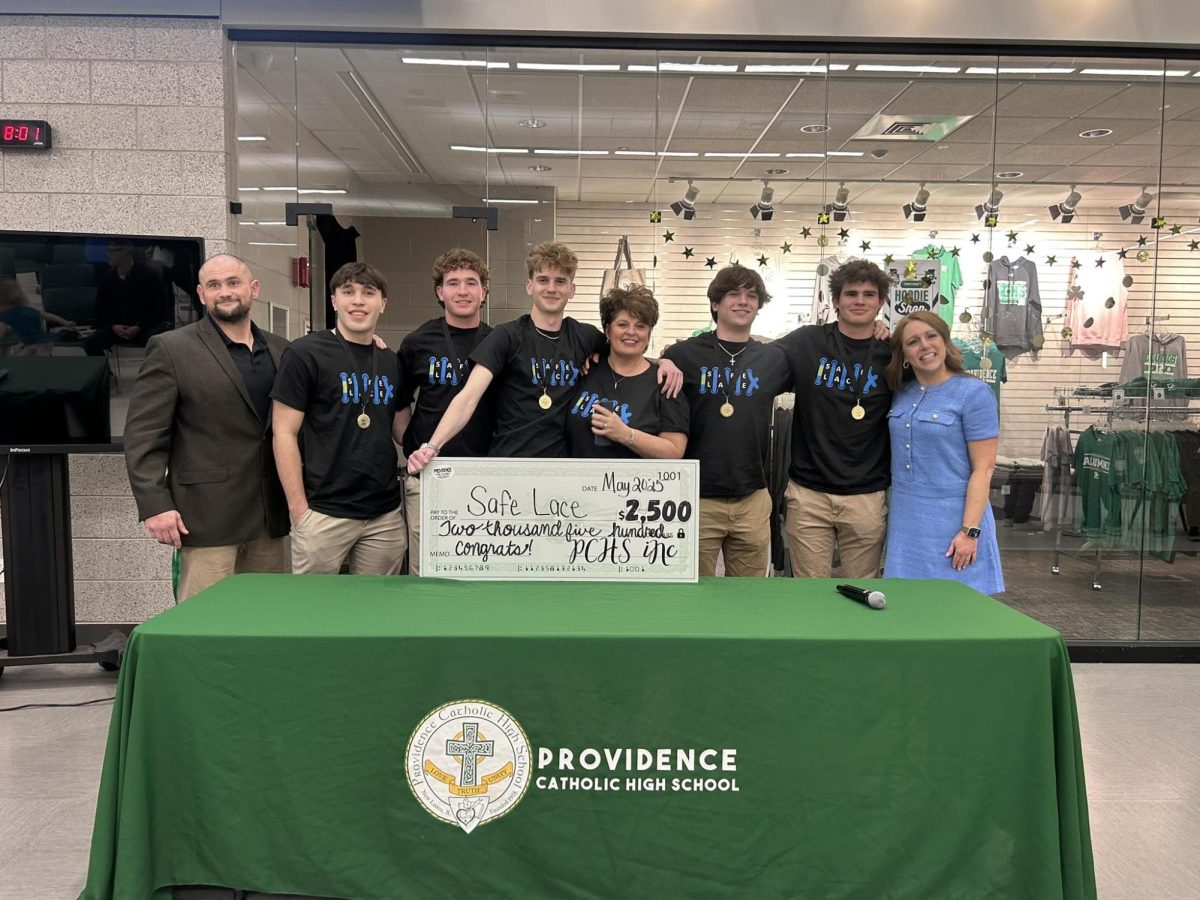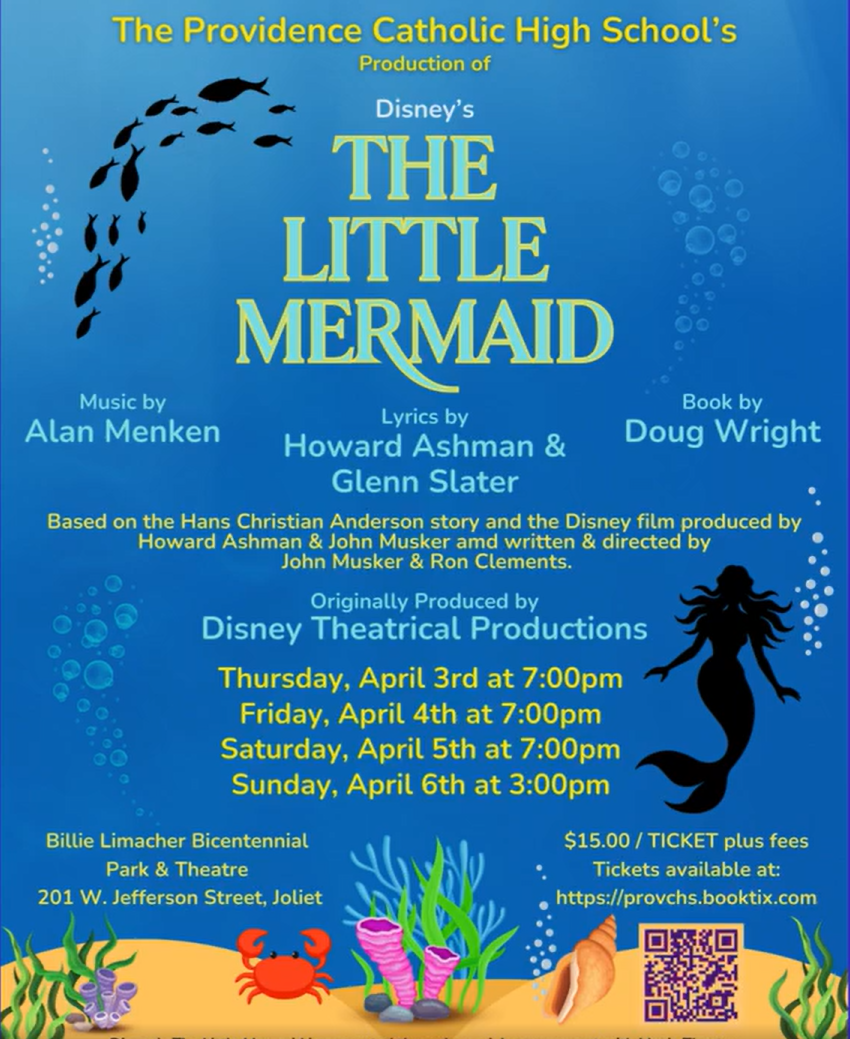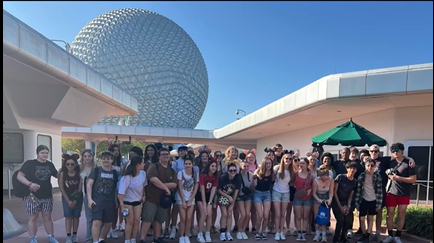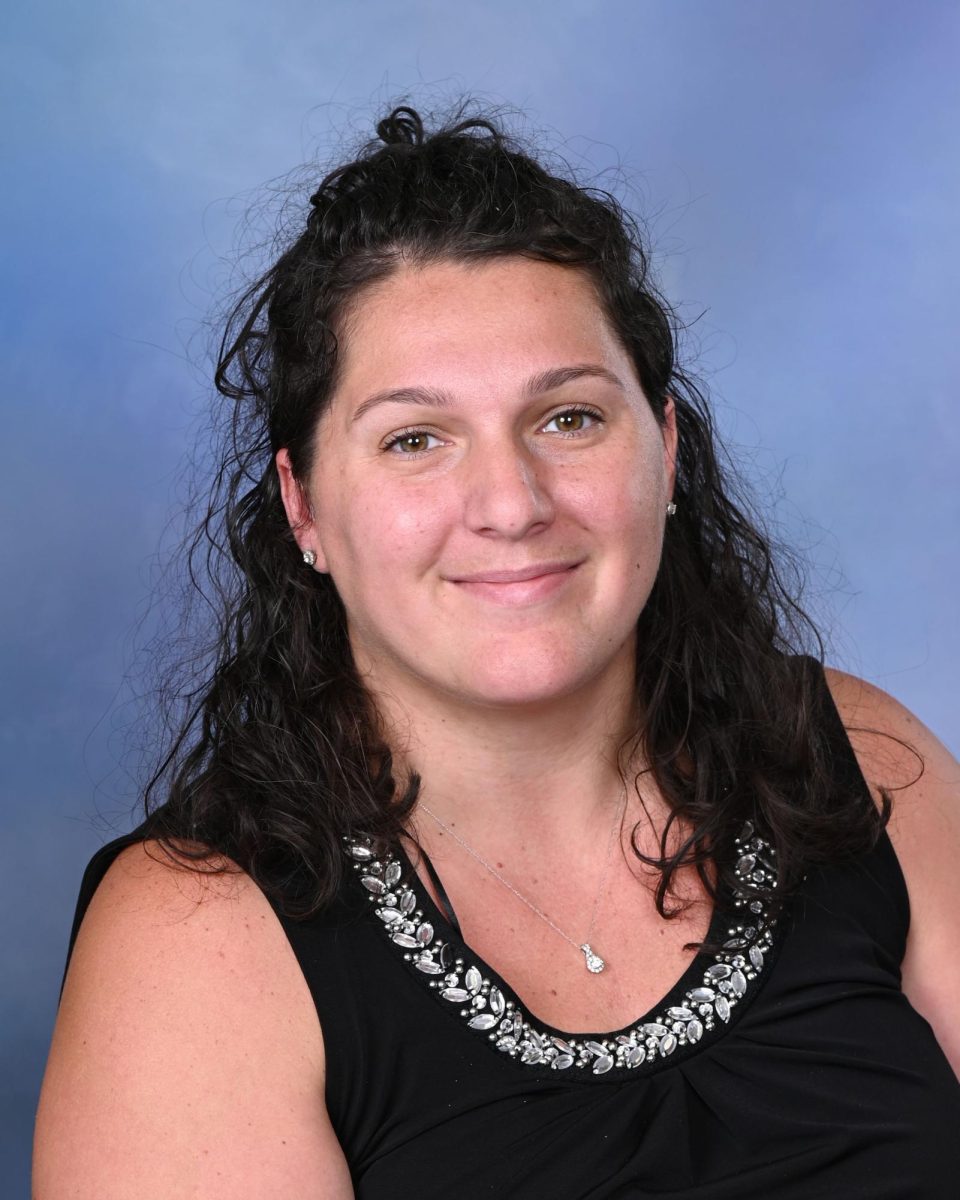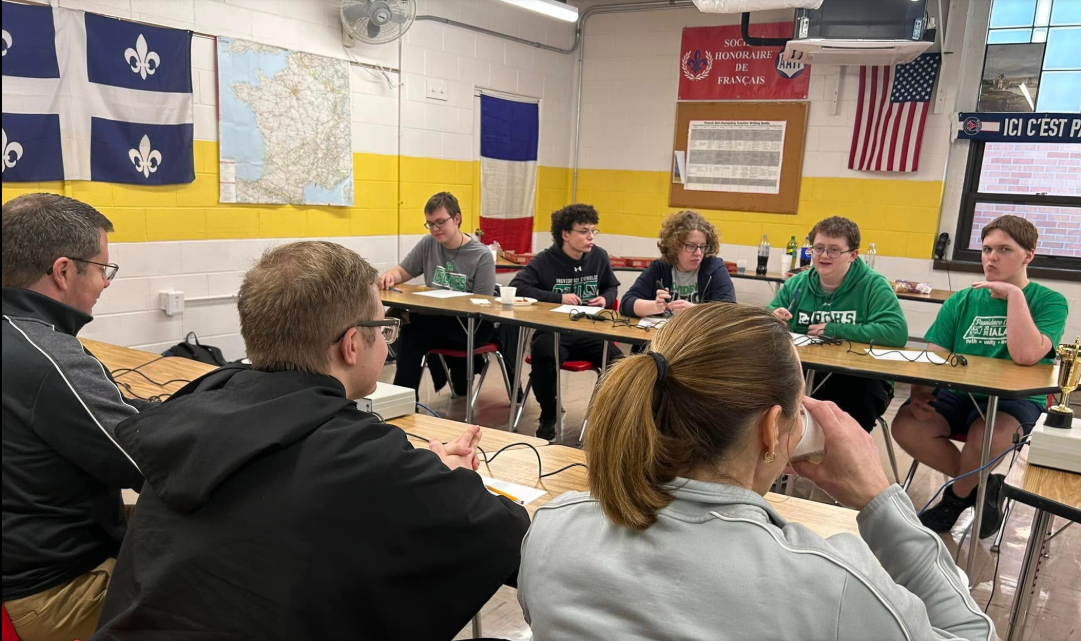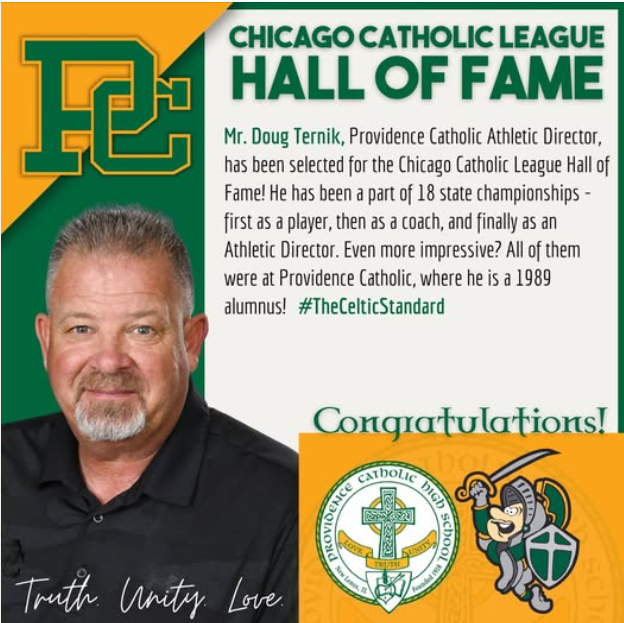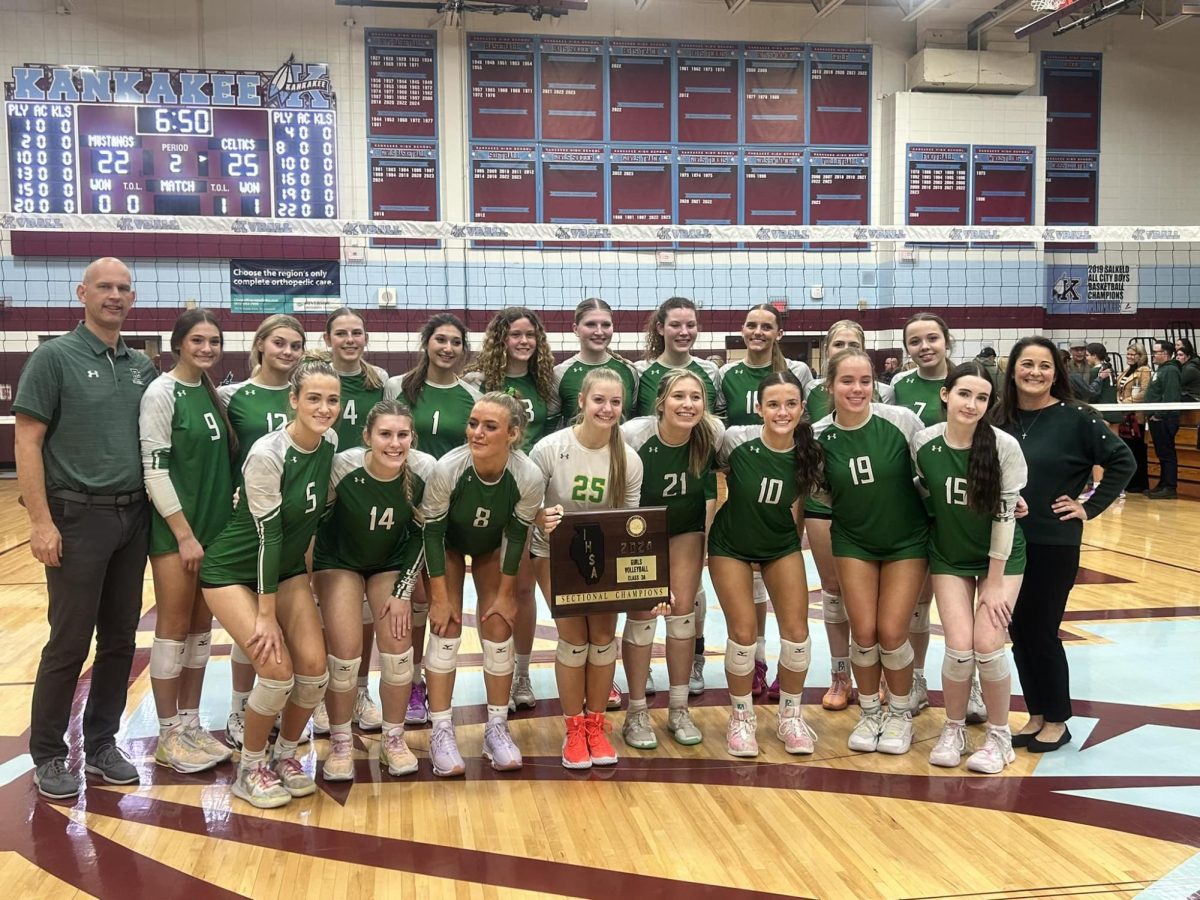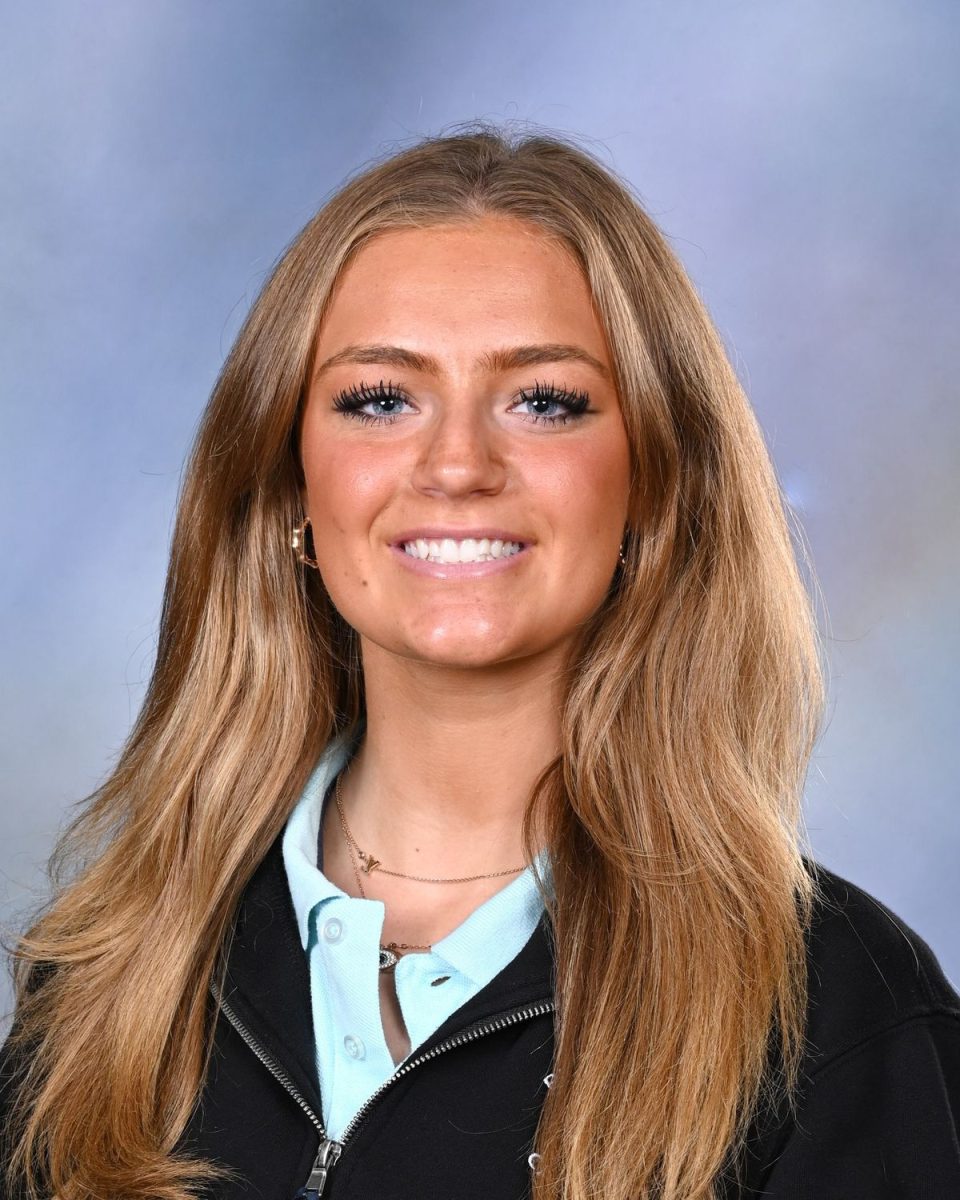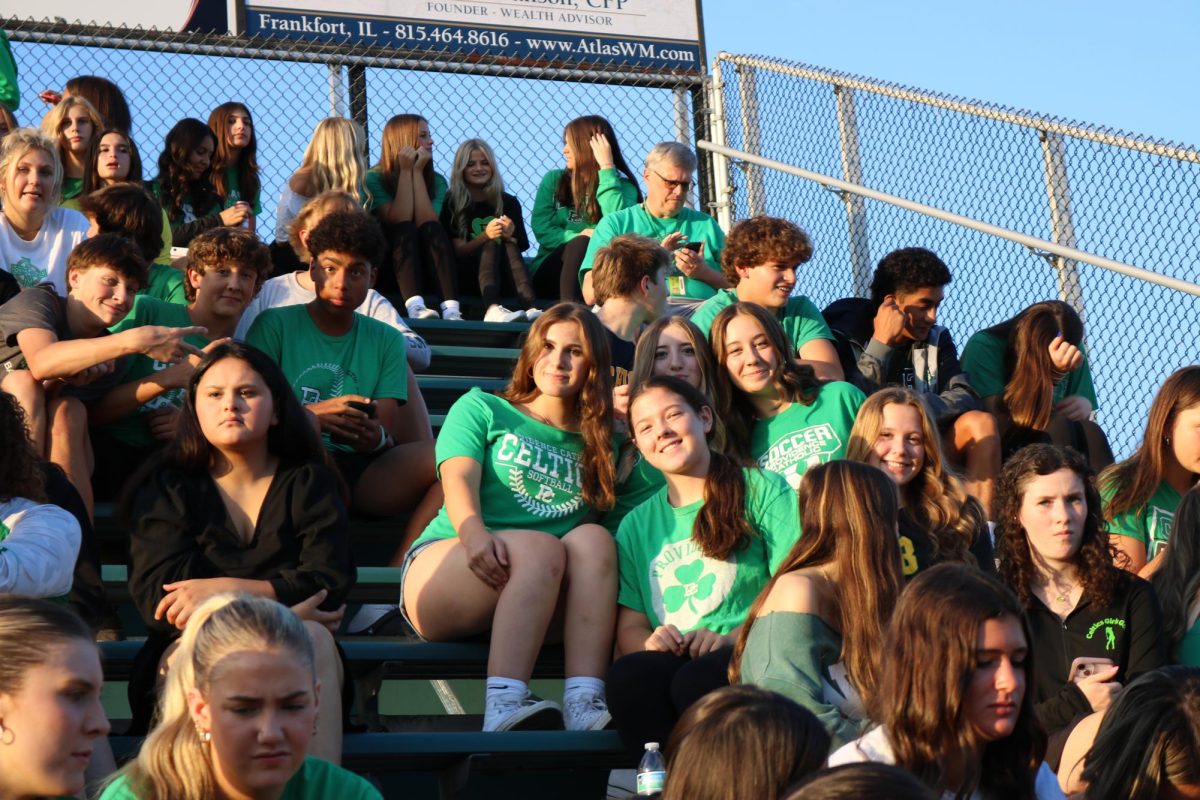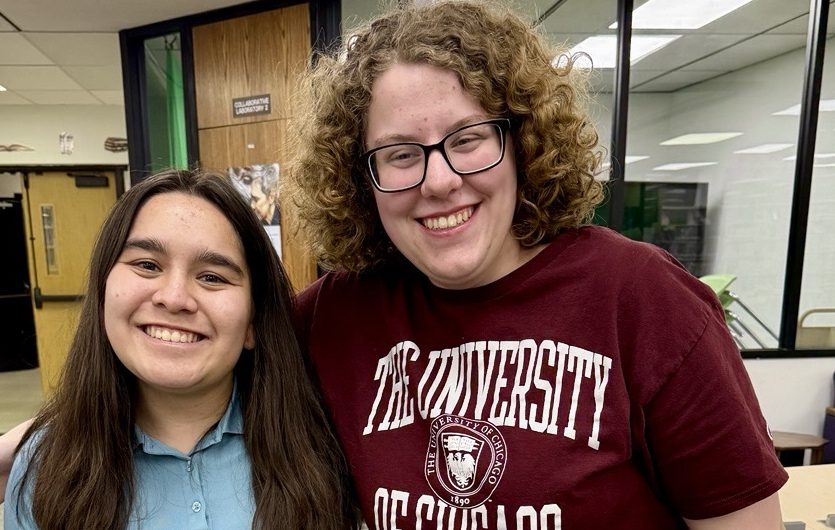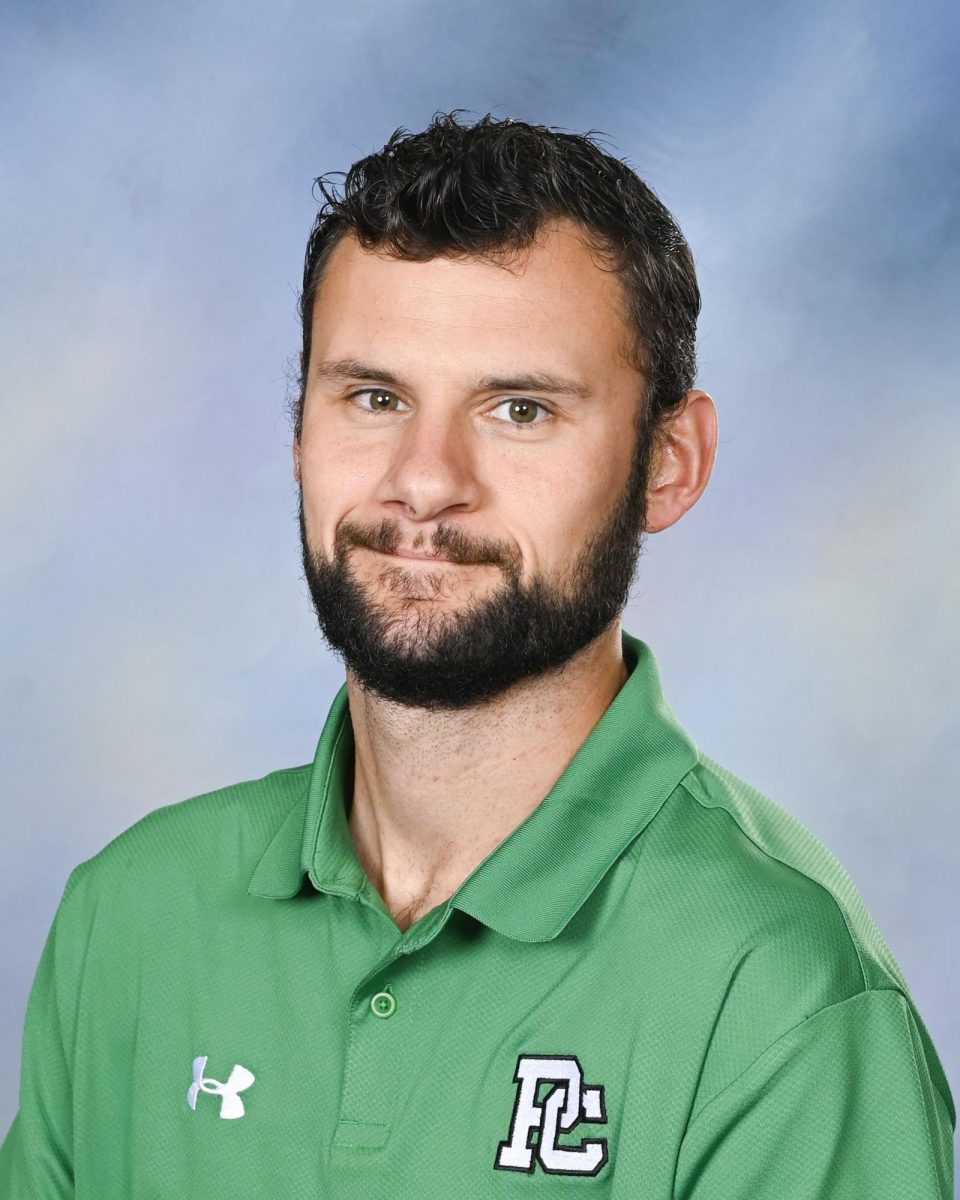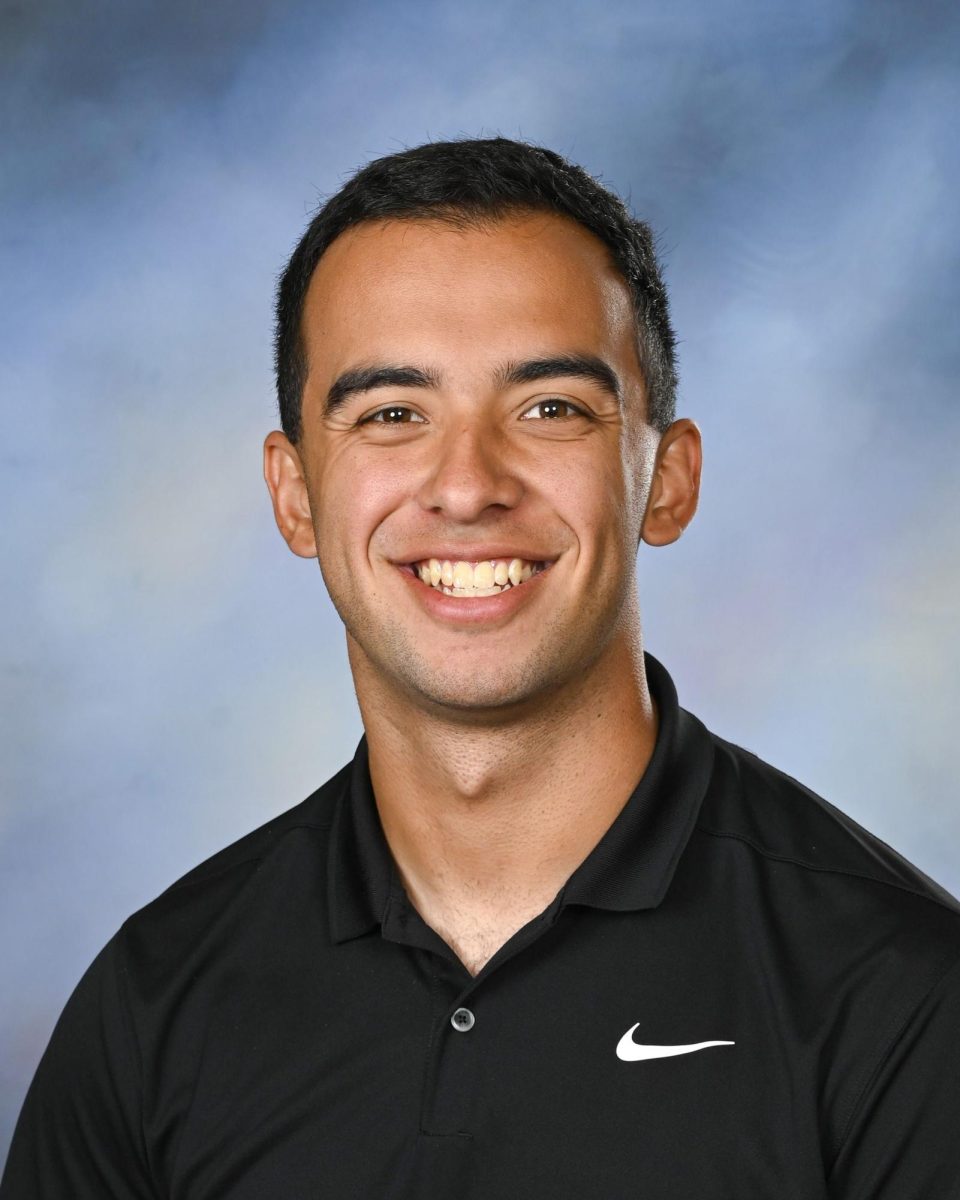
March is Women’s History Month, a time to remember the contributions women have made to society and to reflect on how to make society fairer for women. One great way to do this is to recognize women who have impacted literature. Here are just three of the women authors whose works are currently included in the PCHS English curriculum.
Mary Shelley (1797-1851), Author of Frankenstein. Mary Shelley was the daughter of Mary Wollstonecraft, the author of the early feminist treatise A Vindication of the Rights of Women. Shelley inherited her mother’s brilliance and was only 18 years old – not much older than the PCHS seniors who read her work – when she began her most influential novel, Frankenstein. The novel explored the negative impact of science on society, making it the first modern science fiction story.
Harper Lee (1926-2016), Author of To Kill a Mockingbird, Research Assistant for In Cold Blood. Lee drew her inspiration for To Kill a Mockingbird from her father’s career as a lawyer in a small Alabama town during the Great Depression. She was also childhood friends with Truman Capote and traveled to Kansas with him to help research (and potentially co-write) Capote’s true crime novel, In Cold Blood. For Mockingbird’s massive impact on American culture, Lee was awarded the Presidential Medal of Freedom in 2007.
Octavia E. Butler (1947-2006), Author of Kindred. Butler knew she wanted to be an author from a very young age, and she worked hard to achieve her dreams. As a Black woman in science fiction in the 1970s, Butler was a true pioneer. Her works explored themes of race, gender, and class, usually in futuristic contexts, which created a new subgenre of science fiction called Afrofuturism. Butler was the first science fiction writer to win a MacArthur Genius Grant, and she was the first Black woman to win the Hugo and Nebula Awards for excellence in science fiction.
As a side note, I have heard that the English department is trying to replace Night by Elie Wiesel with another Holocaust survivor’s memoir because many junior high students read Night. I suggest taking this opportunity to add another female author to our English curriculum. If any readers have any suggestions, please feel free to let the Proviscope staff know!
The women authors whose works are in the PCHS English curriculum were truly amazing, so this Women’s History Month let’s celebrate their work and their contributions to literature.
